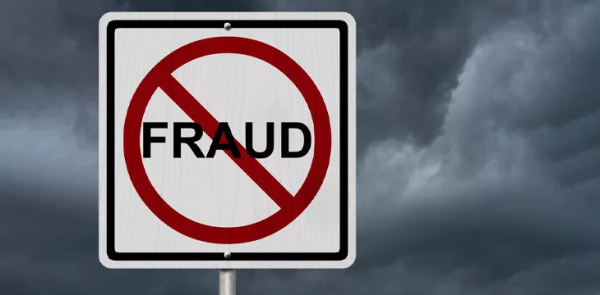Australia proposes scam code to curb fraud in banking, ‘crypto’

Australia wants stakeholders in scam-prone sectors like banking, digital platforms, and, in the future, digital assets to take more measures to address the rising scams in the country.
In a recently published consultation paper, the Aussie Treasury Department observed that fighting scams has been solely left to regulators. The only sector that’s specifically regulated in relation to scams is telecommunication, and these regulations have thwarted 1.4 billion scam calls and over 350 million text messages.
In addition to telecommunication, the Treasury identified banking and digital platforms as the most in need of a scam code as they are the most targeted sectors. The Treasury minister could designate other sectors into this category in the future, including digital currency exchanges and online marketplaces.
The proposed framework will be guided by three principles—a whole-of-ecosystem approach to address scams, being flexible and responsive, and leveraging existing regulations and systems.
It will have an overarching architecture guided by the country’s competition laws. The Australian Competition and Consumer Commission (ACCC) will be the overall regulator. Under this overall framework will be sector-specific standards and codes for banking, digital platforms, and telecommunications industries, with a fourth slot for future sectors like digital assets.
Australia continues to struggle with scams, with the ACCC’s Scamwatch revealing that Aussies lost AUD3.1 billion (US$2.1 billion) last year. As part of the Scams Awareness Week 2023, the government has focused on raising awareness about impersonation scams. In 75% of scam cases, the scammer pretends to be a trusted acquaintance of the target, whether a bank staff member or a government agent, says Scamwatch.
Social media is one of the most abused platforms as scammers pretend to be renowned politicians, artists, businesspeople, or government agencies. Two weeks ago, Australia’s richest person, Gina Rinehart, personally wrote to Meta (NASDAQ: META) CEO Mark Zuckerberg, urging him to crack down on the high number of scams on Facebook.
Globally, digital assets scams have slowed down this year, according to Chainalysis. In the first six months of the year, crime dipped 65%, with ransomware the only sector to record huge rises.